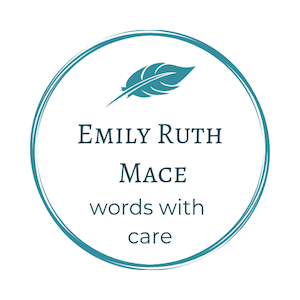[A revised version of this post appears on the website Killing the Buddha, as of Monday Nov. 28, 2016.]
The morning after the election, I woke to a world where the sun rose again, streaming through the east-facing window behind my bed. The brilliant November sunrise seemed in stark contrast to the news I already knew I’d find on my phone: that Donald Trump, despite most polls and predictions, had won the election, after a nail-biting evening of watching once-blue counties turn over to red.
Over the course of election night and the day that followed, liberal politicians, professional commentators, and friends on social media shifted the emotional tones of their reactions from disbelief, shock, sadness, and fear, to something more positive and productive: calls for action, for moving forward, and (most heartbreaking of all), for unity, from President Obama and Hillary Clinton.
The halls of the college where I work have been filled with crying, hugging students, and with faculty and staff who strive to be there for their students while sorting through their own emotions. The mood reminds me of the immediate aftermath of 9/11: the trauma of a world turned upside down. Most of today’s college students were too young to truly feel the events of 9/11, now almost sixteen years ago. After 9/11, there were calls for hope, for activism, for light and standing as one, as there have been today. Then, the regular order of life paused for days, weeks, and in some cases, months, as the nation and the world tried to figure out what came next and lurched towards the outbreak of the war in Iraq. At my graduate program in religious studies, faculty and staff made space for mourning, writing, reflecting, praying, organizing. I wrote, reflected, joined marches and protests, but the world kept turning, and gradually, complacency crept back in.
Amid the din of competing thoughts and feelings in the wake of Trump’s stunning victory, a line from Albert Camus’ novel The Plague has echoed in my mind:
“They fancied themselves free, and no one can ever be free so long as there are pestilences.” (37*)
Once again the plague has crept out from the corners where it hides and has stunned us with its power.
*Citations are from the Vintage International edition of Albert Camus’ The Plague, translated by Stuart Gilbert (New York, 1991).
[A revised version of this post appears on the website Killing the Buddha, as of Monday Nov. 28, 2016. Please go here for full version.]




Well written and thought out and, as yet, unknown. Thanks Emily.